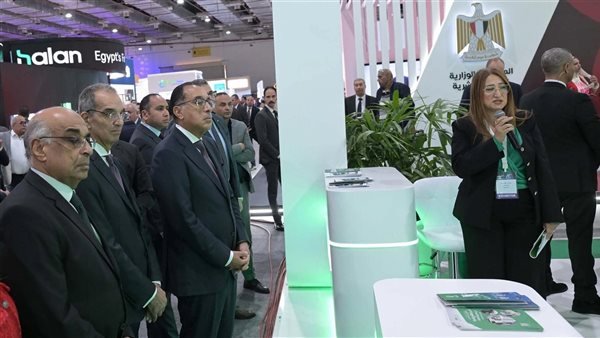
The Central Bank of Egypt denied reports that the Egyptian government requested an increase in the value of the fourth tranche from the International Monetary Fund.
Hassan Abdullah, Governor of the Central Bank of Egypt, in his capacity as Egypt’s Governor at the International Monetary Fund, stated that there is no truth to what was reported regarding Egypt’s request to increase the fourth tranche of IMF financing.
It was reported this morning that Egypt had asked the International Monetary Fund to raise the value of the tranche expected to be disbursed after the current review.
Egypt agreed in March to increase the value of the loan from the fund to $8 billion, to confront the difficult economic challenges that Egypt witnessed in early 2022 with the outbreak of the Russian-Ukrainian crisis and the exit of billions of hot dollars.
International Monetary Fund Director Kristalina Georgieva recently visited Cairo to discuss Egypt’s reform program, which the authorities have indicated they may want to partially review.
An International Monetary Fund mission began talks last Tuesday with Egyptian officials about the fourth review of the program.
Topics to be discussed are likely to include progress in maintaining a flexible exchange rate, which is a fundamental pillar of the Fund’s agreement, and which the Fund considers necessary to protect the Egyptian economy from external shocks.
The International Monetary Fund has begun the fourth review of Egypt’s economic reform program, as Prime Minister Mostafa Madbouly stated during a joint press conference with the Director General of the International Monetary Fund.
Completing this review allows for the disbursement of a $1.3 billion tranche of the Fund’s loan, which represents the largest among the various tranches, according to previous statements by an official at the international institution.
Georgieva expected, during the conference, that Egypt’s economic growth would reach 4.2% during the current fiscal year, with support for the reforms taken by the Egyptian government, including increasing the role of the private sector in creating job opportunities and enhancing social protection for people with limited income.
In the context of this, the Central Bank of Egypt recently directed, for the first time in two months, banks operating in Egypt to issue dollars for documentary credits for the import of non-essential goods whose import requires prior approval from it, according to the dollar positions in each bank.
At the same time, the Egyptian government paid $1 billion of the $2 billion late debts owed to foreign oil companies last Monday.
The arrears of foreign companies to the government amounted to $4.5 billion last March, of which $1.3 billion was paid last June, $1.2 billion in September, and $1 billion last Monday, leaving only $1 billion of the government’s accumulated receivables.
Financial experts supported these measures by the availability of the dollar in Egyptian banks, which makes it illogical to request an increase in the International Monetary Fund loan tranche.



